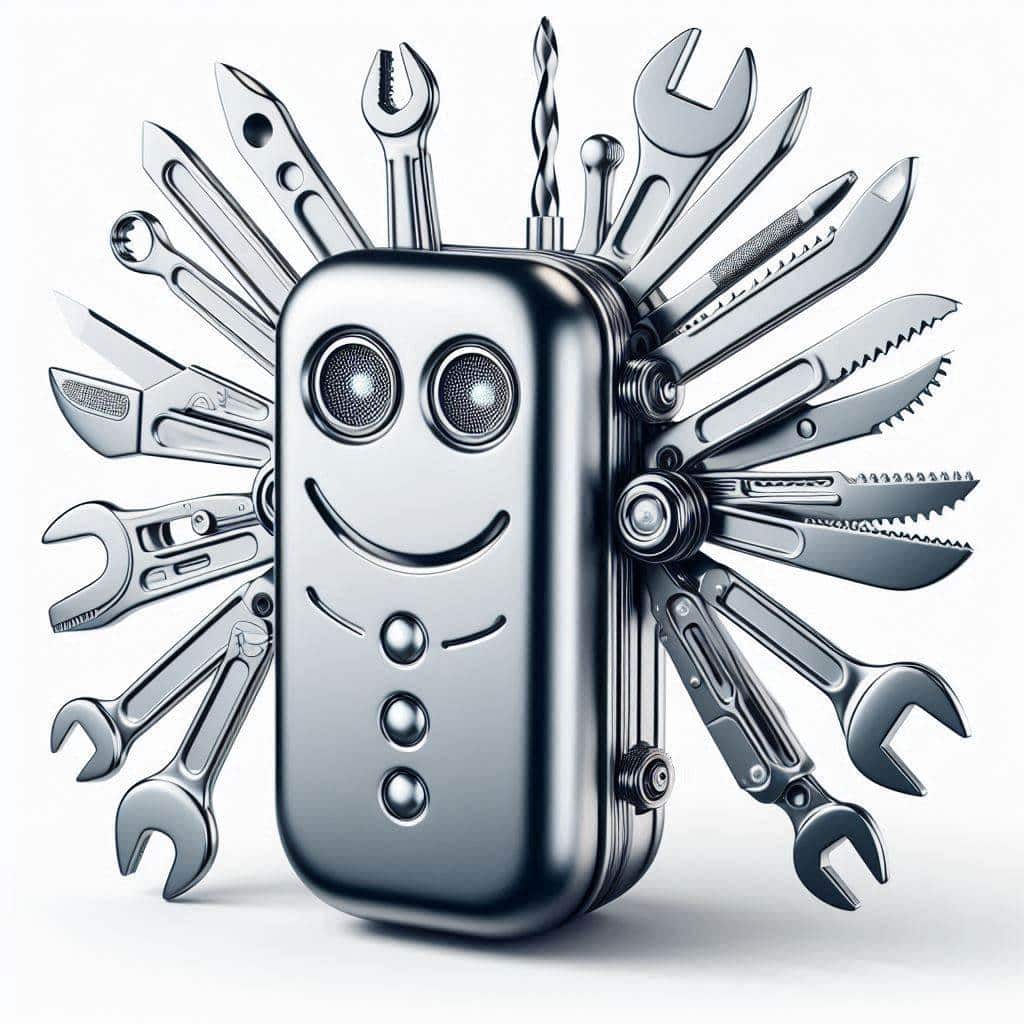Artificial Intelligence (AI) is revolutionizing the way we live and work. It’s not just about robots, hentai generated images, and self-driving cars; AI is making its presence felt in every industry, from healthcare to finance, education to entertainment. This transformative technology is automating tasks, optimizing processes, and even making predictions that were once the domain of human intuition.
AI continues to evolve and permeate our daily lives. We need to adapt and acquire new skills to keep pace with these changes. The rise of AI is not just creating new job roles but also transforming existing ones, requiring a blend of technical and soft skills.
In this context, we have identified seven unique skills that are crucial for anyone looking to thrive in the AI era. These skills are not just about understanding AI or coding; they encompass a range of competencies, including data literacy, ethical understanding, adaptability, interdisciplinary knowledge, collaboration, and curiosity.
By mastering these skills, you can navigate the AI landscape with confidence, seize new opportunities, and make a meaningful impact in your chosen field. Whether you’re a student, a professional, or a lifelong learner, these skills will equip you to succeed in the age of AI:
- Data Literacy: In the age of AI, data is the new oil. Understanding how to interpret and analyze data is crucial. This includes familiarity with statistical analysis and data visualization tools.
- Programming Skills: While not everyone needs to be a coder, basic programming skills can be beneficial. Languages like Python and R are particularly useful in the field of AI.
- Ethical Understanding: As AI systems become more prevalent, understanding the ethical implications of AI decisions is vital. This includes issues of privacy, bias, and fairness.
- Adaptability: The AI field is constantly evolving. The ability to adapt to new technologies and methodologies is a must.
- Interdisciplinary Knowledge: AI applications span across various fields. Having knowledge in different domains can provide a broader perspective and enhance problem-solving capabilities.
- Collaboration: AI projects often involve cross-functional teams. The ability to work effectively in a team and understand different viewpoints is essential.
- Curiosity: A natural curiosity to explore and understand new concepts can drive continuous learning and innovation in the AI landscape.
These skills provide a comprehensive toolkit for anyone looking to navigate the AI revolution. They go beyond technical knowledge, emphasizing the importance of ethics, collaboration, and continuous learning. By developing these skills, you can ensure that you’re well-equipped to succeed in the rapidly evolving world of artificial intelligence.
Related articles:

Summer works as People Manager at MIW overseeing the APAC region. A proud cat parent and book lover.




